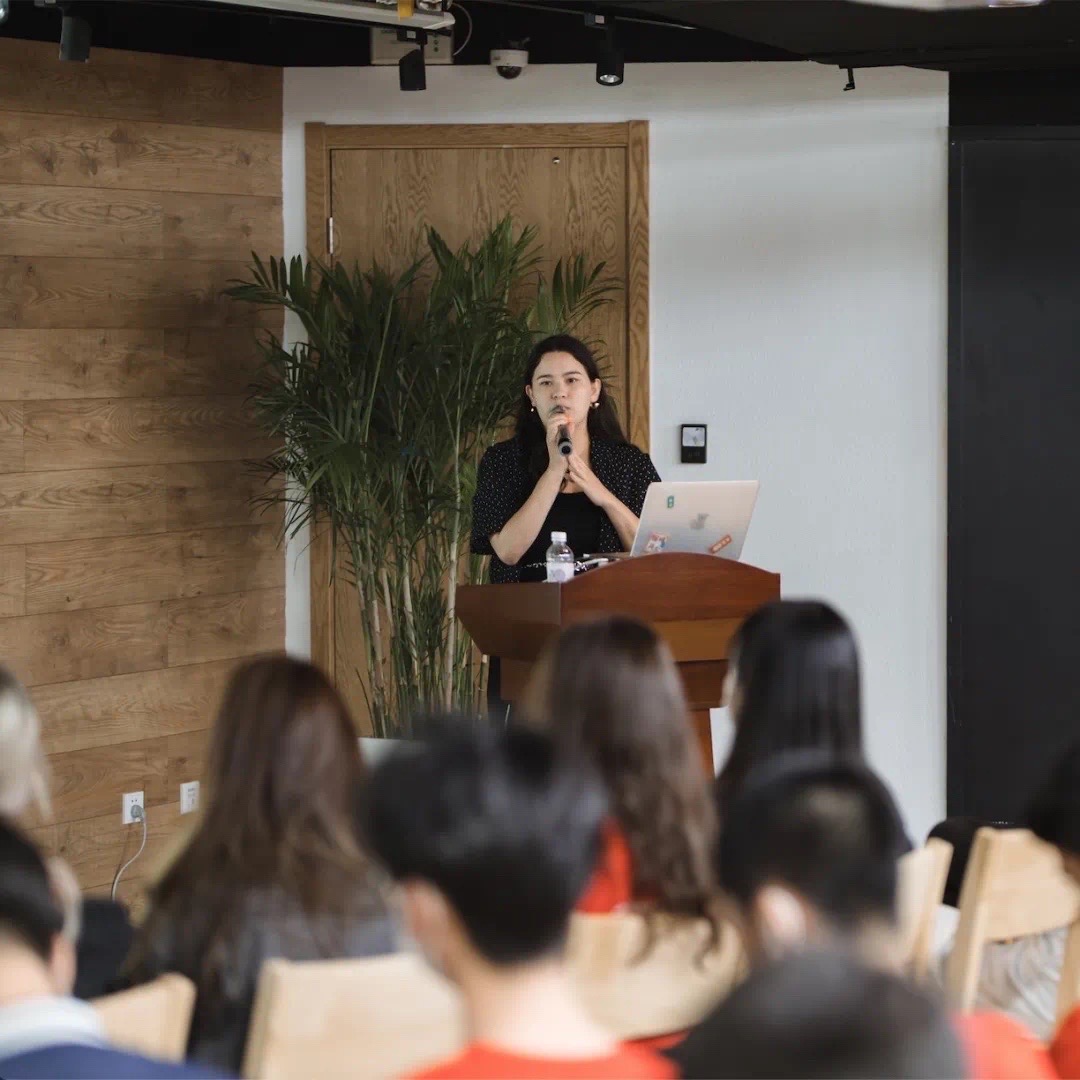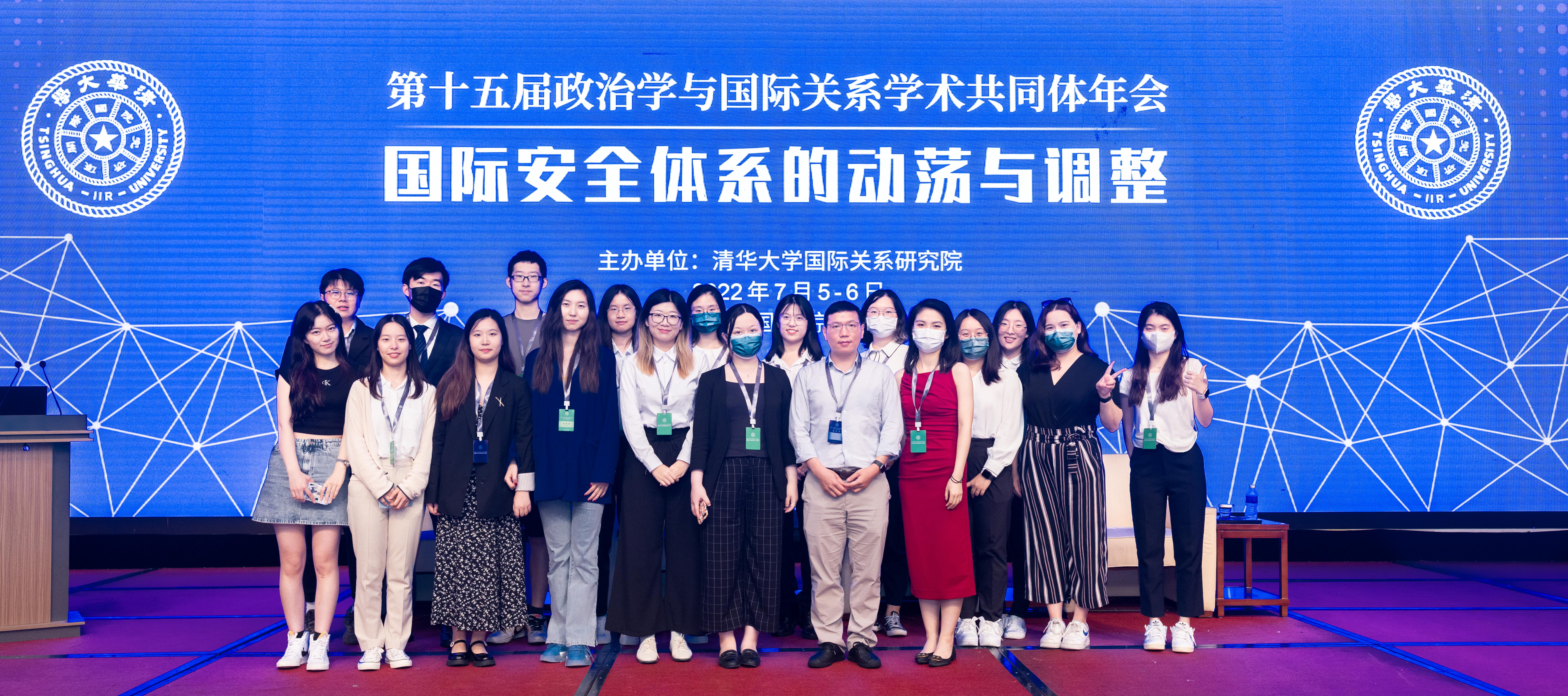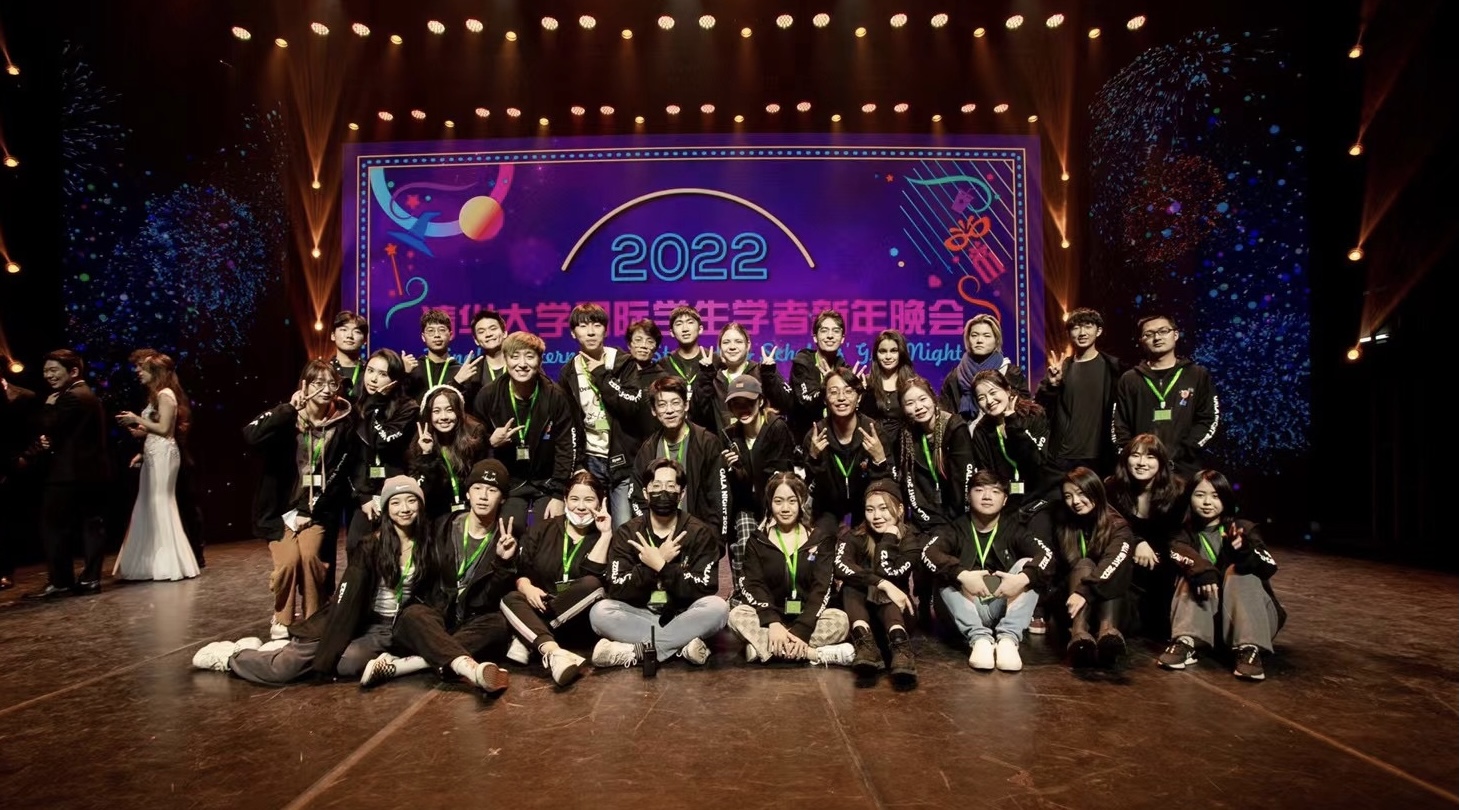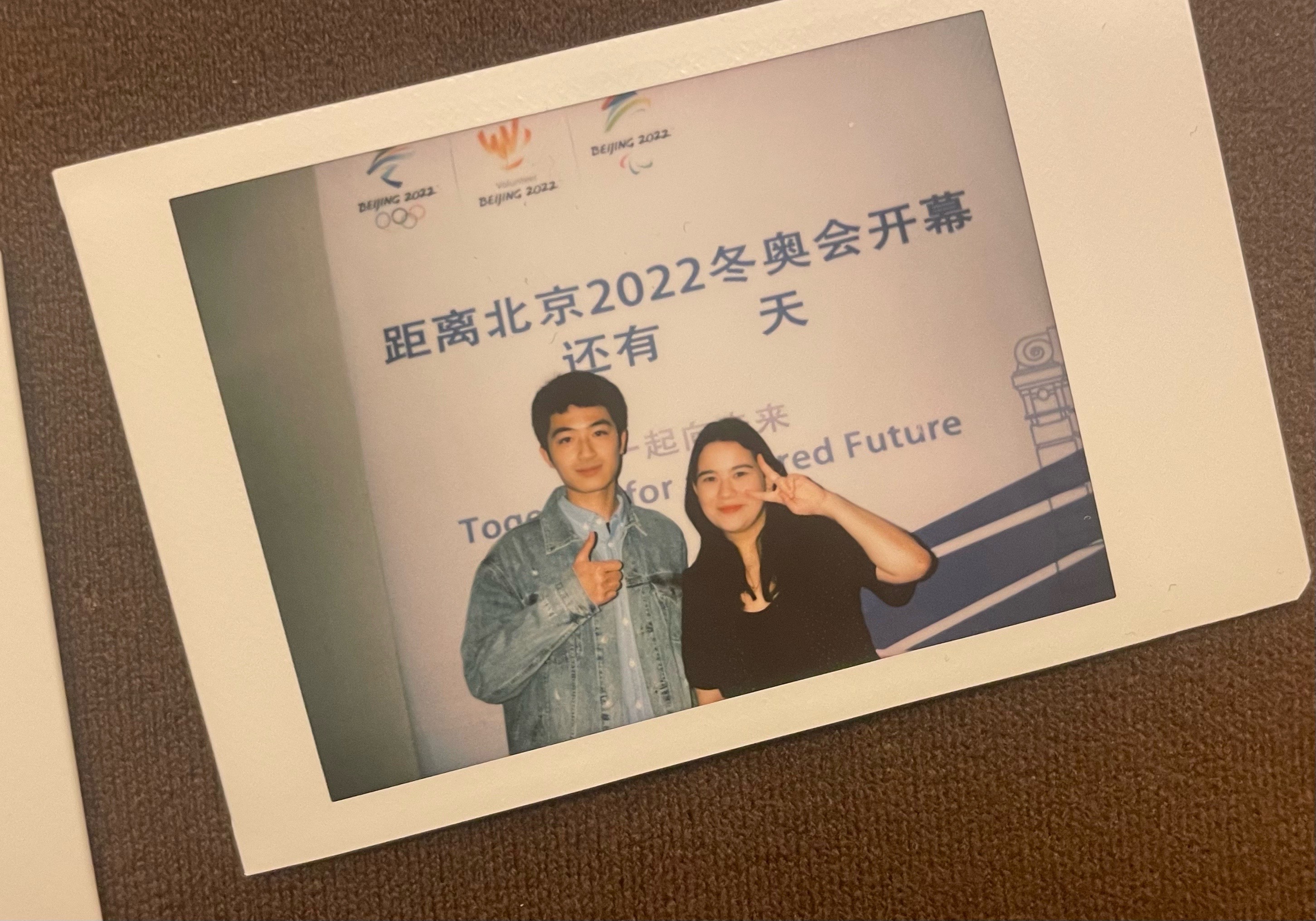Temelidi Yulia is a third-year Russian student in the School of Social Sciences at Tsinghua. As the 20th National Congress of the Communist Party of China concludes, she shares her life at Tsinghua, her reflections on China’s development over the past decade, and her expectations for China in the future.
Q: How would you describe your Tsinghua experience as a student?
Yulia: My life in Tsinghua is unbelievably full and plentiful. Originally, my expectation was more about endless learning, but after coming to Tsinghua, I found that there are a lot of associations in Tsinghua University, and there were many activities that I could participate in, which has also made my life more colorful. If I use a word to describe my life in Tsinghua, it would be plentiful. My whole life here has been moving really fast, both on academic and extra-curricular aspects. This also made me learn a lot. In these years, I became more reliable and strong in a certain way.

Q: What are some of the biggest changes you have noticed in Tsinghua during the past years?
Yulia: As far as Tsinghua is concerned, I don't think it has changed much. Maybe my time in Tsinghua is relatively short, so I haven't witnessed any great changes. But maybe what I can see is a change in students. Nowadays, students, professors and the university itself pay more attention to all-round development. In the past, scientific research and learning may have been the most important, but these days, personal improvement has also become the most important aspect of student life: developing your hobbies and participating in various practices and social work. I think this change is great and obvious.

Q: What would you say about the disciplinary development of your field during the past years and the role Tsinghua faculty have played in the development?
Yulia: In recent years, more innovation and research in the field of economics have been in the digital field. Especially in China, the collection and application of big data have become more extensive and powerful. The question now involves how to use data to maximize utility. The digital economy, in general, is about studying the identification, selection and application of such big data. In recent years, I think many Tsinghua teachers are also studying this field.
Q: What are your expectations for Tsinghua and China in the next five years?
Yulia: As for Tsinghua, I think it will become more open and inclusive in the future. It will continue to strengthen its influence in various fields to attract more excellent talents from around the world to study at Tsinghua.

For China, I think China will continue to build a safer and stronger society. Now, China's economic development has been very strong, and it has basically got rid of absolute poverty. However, there are still some regions with very low per capita income and a large gap between the rich and the poor. In the next five years, I think China will reduce the gap between rich and poor and move towards a state of common prosperity. At the same time, I also think that China will continue to adhere to the concept of "building a human community with a shared future" at the global level and unite all countries for a better future.

Q: How did you see the significance of the CPC Congress?
Yulia: I had heard of the CPC Congress before. I think this meeting discusses some important issues for the country and the people. For example, it will set out the national development priorities for the next five years and beyond. Also, at the opening ceremony of the National Congress, the general public can learn about the work of the Party and the state in recent years and what achievements have been made in the development of the country.

Q: What is your key takeaway from the recently-held 20th National Congress of the CPC?
Yulia: The 20th National Congress is now over. I watched the opening and closing ceremonies. I have heard about the greening of the whole country and the building of a well-off society in an all-round way before, and I can also say that I have witnessed China's gradual improvement in these aspects. From the long-term bad weather before to the blue sky and white clouds now, we can clearly see the changes in the country.
At the 20th National Congress, a new concept was put forward: the Chinese path to modernization. In fact, I spent some time understanding and exploring this concept. This concept covers many aspects. It is the modernization of a huge population, of common prosperity for all, of material and cultural-ethical advancement, of harmony between humanity and nature, and of peaceful development. I think this kind of "modernization" actually illustrates the development path that China will follow in the future. The development of these aspects will be the most important for China in the future.

Q: What role do you expect China to play in the future?
Yulia: I think in the future, China can become a leader in the world. For example, in science and technology, China is already much better and more advanced than other countries. Similarly, China will persist in finding an inclusive solution to all major domestic and world problems. China will solve them in a more peaceful and inclusive way.
Reporter: Guo Lili